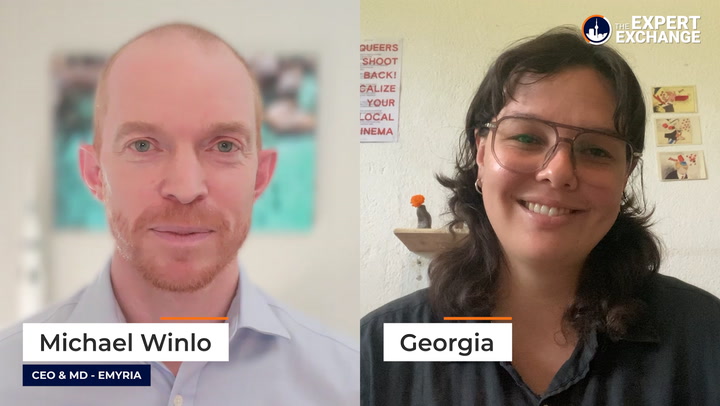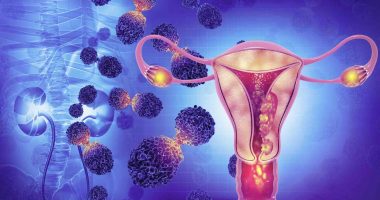- Resonance Health’s (RHT) HepaFat-AI software has received a CE Mark approval in Europe
- Significantly, this follows approvals from the U.S. Food and Drug Administration and from the Australian Therapeutic Goods Administration
- HepaFat-AI is a non-invasive tool that analyses magnetic resonance imaging data to assess a patient’s liver fat and see whether they have or are at risk of fatty liver diseases
- The collective approvals means Resonance can now distribute and supply its non-invasive device across Australia, Europe and the U.S.
- Company shares are trading in the grey for 21.5 cents
Resonance Health’s (RHT) HepaFat-AI software has received a CE Mark approval in Europe.
Essentially, when a product receives CE marking it complies with the health, safety and environmental requirements and can be registered for sale within the European Economic Area (EEA).
This follows the Australian healthcare company receiving approval from the U.S. Food and Drug Administration in December 2020 and from the Australian Therapeutic Goods Administration last week.
The collective approvals means Resonance Health can now distribute and supply its non-invasive device across Australia, the EEA and the U.S.
HepaFat-AI automatically analyses magnetic resonance imaging (MRI) data to assess a patient’s liver fat. This data can then be used to assess individuals who have, or are believed to have, fatty liver disease.
What sets the technology apart is that it’s the only regulatory-cleared imaging technology that can report a steatosis grade equivalent to a histopathologist non-alcoholic steatohepatitis (NASH)-CRN score.
Its ability to report a ‘pathologist’s equivalent’ steatosis grade may help to bridge the gap caused by high screening failure rates as shown by liver biopsy in NASH trial patients.
A physician can use this software to monitor patients who are undergoing weight loss, screen the livers of donors for transplant suitability, monitor patients with or suspected to have non-alcoholic fatty liver disease (NAFLD) or the more serious subtype, NASH.
NAFLD affects up to 2.3 billion people around the world and this figure is only expected to grow. Of these, roughly 470 million people will develop NASH.
Radiologists and physicians will soon be able to access the product through RHT’s cloud-based portal. HepaFat-AI will also be marketed to pharmaceutical companies focused on NASH drug development as it’s ideally suited for all MRI scanners and models.
Resonance is continuing work in machine learning to develop assistance tools for healthcare professionals.
Company shares are trading in the grey for 21.5 cents at 2:54 pm AEDT.








